Published in the Sunday Indian Express Magazine - Eye on 06 July 2025
Today, let’s explore the world one game at a time
A couple of weeks ago, we had a board game night at home. Nothing fancy, just a few close friends, some snacks, and a never-ending game of the ever-reliable Settlers of Catan.
There’s just something about board games, don’t you think? Whenever you are in the middle of one, you laugh, make alliances, break them just as quickly, and for a few hours, completely forget about screens, notifications, and the outside world.
As I was researching a topic for this week’s piece, I reflected on that board game night. Somewhere between a hard-fought win and a debate over the rules, I found myself thinking: why do I love board games so much?
The answer came quickly. Because they bring people together. They spark joy, ignite strategy, and most interestingly, they reflect who we are and how we think.
That’s when another thought followed: board games are cultural stories in disguise. Every country, every region, has its own set of games, some ancient, some modern, some built on conquest, others on co-operation. And just like food or music, if you want to understand a place better, playing its local games is a surprisingly fun way to start.
So, in today’s article, I am taking a little detour from the usual travelogue. Instead of monuments or markets, I want to talk about something that often goes unnoticed but says so much about a culture: its board games.
Because the next time you travel, whether it’s Japan, Australia, or Spain, it might be worth asking: what do people here play when they gather around a table? So let’s roll the dice and dive in...
Board Games That Define a Culture
If you think about it, board games are reflections of how different cultures think, problem-solve, and connect. Some teach strategy, others honour tradition, and many are passed down generations like heirlooms. Here are a few that have stood the test of time and continue to shape the way people play across the world:
India: Long before Monopoly or Clue entered our lives, India gave the world games like Chaturanga: a 6th-century strategy game considered the direct ancestor of modern chess. But there’s also Pachisi, the cross-and-circle race game played on cloth boards with cowrie shells for dice, and immortalized into Ludo by the British. These weren’t just pastimes, they were tools to teach war tactics, probability, and even karma. The Mahabharata famously references Shatranj, and it’s no coincidence that gaming metaphors often appear in Indian philosophy.
Japan: In Japan, board games reflect the values of focus and foresight. Go, a 4,000-year-old game still widely played, looks deceptively simple but requires immense tactical depth. With just black and white stones, players aim to surround territory, a metaphor, perhaps, for subtlety and balance in life. Then there’s Shogi, or Japanese chess, where captured pieces can re-enter the game on your side. It’s strategic and refreshingly forgiving, an idea deeply embedded in Japanese values of resilience and renewal.
China: Xiangqi, or Chinese chess, is like a performance of war strategy played with generals, elephants, and cannons. It’s incredibly popular across all age groups and found in parks from Shanghai to small-town Sichuan. These games emphasise foresight, patience, and hierarchical roles, core aspects of traditional Chinese philosophy. While India has chess and Japan has Shogi, China’s version of chess features its own unique twists, including the use of a river and palace zones on the board, making it a strategic challenge unlike any other.
USA: American board games tend to reflect the country’s affinity for capitalism, invention, and negotiation. Monopoly is the classic example, originally created to show the downsides of land grabbing but later embraced as a celebration of big business. Risk, Scrabble, and Clue all emphasise winning, wordplay, or deduction, mirroring a society that values individual achievement, linguistic cleverness, and solving puzzles.
Germany: The German contribution to modern gaming is immense. Germany gave us The Settlers of Catan, a game that changed the global board game industry by popularising ‘Eurogames’: titles known for elegant design, balanced gameplay, and minimal luck. German games often avoid player elimination and focus on resource management, reflecting a culture that loves efficiency, long-term planning, and community-building through collaboration.
Africa: Across Africa, Mancala (known by many names) is one of the oldest games still played today. Using pits in the ground or carved wooden boards, players move seeds or stones in a rhythm that feels both mathematical and meditative. Played by children and elders alike, Mancala is a bridge between generations, often passed down orally and played under trees, in courtyards, or beside fires.
Scandinavia: Ever heard of Hnefatafl? This ancient Viking game was once more popular in Europe than chess. It features asymmetrical gameplay, where one side defends a king trying to escape while the other tries to capture him. It’s a game of escape and entrapment, much like Norse (the Norwegian language) sagas. More recently, Nordic countries have contributed games that reflect their love of design and co-operative spirit, such as Codenames and Photosynthesis.
Middle East: From Mesopotamia, we get The Royal Game of Ur, a race game from over 4,000 years ago, excavated in Iraq and considered one of the world’s oldest known board games. It’s housed today in the British Museum, but modern versions exist. In the broader Middle East, backgammon (Tavla) is king. Played in coffeehouses across Iran, Turkey, and Lebanon, often with tea and intense conversation. It’s a game of fate and strategy, echoing life’s balance of chance and choice.
Unexpected Places
You would be surprised where board games show up when you travel.
Board Game Cafes: In cities like Seoul and Tokyo, board game cafes are a lifestyle. In Seoul’s vibrant Hongdae and Gangnam neighbourhoods, you will find multi-floor cafes where friends gather for hours, choosing from hundreds of games stacked on shelves. For the price of a coffee or two, you get access to a library of fun, with friendly staff ready to teach you something new.
Tokyo does it with its signature precision. Places like Jelly Jelly Cafe are havens for game lovers, where even solo travellers are welcome to join a table. And the best part? Many cafes stock Japanese-designed indie games you have likely never seen before. Minimalist, beautifully made, and incredibly clever are how I would describe these games.
Over in Berlin and Amsterdam, board game cafes lean into the cosy and communal vibe. Think wooden tables, dim lighting, craft beer, and a low hum of dice rolling and cards shuffling. Many of these places double as design hubs, where game developers host playtesting nights and showcase new prototypes.
Streets Become Game Boards: In China, you will often find parks or sidewalks doubling up as gaming arenas. In cities like Shanghai and Chengdu, it’s common to see elderly locals deep in thought over a game of Xiangqi (Chinese Chess) or Go, crowds gathered behind them, silently analysing every move. It’s a public performance of intellect and experience, and often, if you watch long enough, someone might invite you to try a hand.
The same goes for Turkey, where the clink of backgammon pieces echoes through tea gardens and outdoor cafés. Watching two old friends slap down pieces while sipping Turkish çay is a lesson in focus, patience, and playful banter.
Markets Full of Game Treasures: In many places, you will stumble across artisan-crafted board games being sold in local markets. From hand-carved Mancala boards in West Africa to wooden chess sets in Eastern Europe, these are more than souvenirs; they are functional pieces of cultural art.
In Peru, markets in Cusco sell colourful Andean-themed strategy games, while in Mexico, you might come across handmade Lotería sets that blend bingo with vibrant local art and folklore. These unique games not only make great keepsakes but also offer a fun, tactile way to engage with the culture long after your trip ends.
Museums & Pop-Up Exhibitions: If you are ever in Switzerland, the Swiss Museum of Games in La Tour-de-Peilz is a hidden gem. Located on the shores of Lake Geneva, it celebrates games from around the world, board games, card games, and outdoor games, offering a deep dive into the evolution of play. In Germany, particularly in Nuremberg, the annual Spielwarenmesse (Toy Fair) is a massive trade fair that’s become an industry landmark for discovering new and classic games alike.
And keep an eye out for travelling exhibitions. Many cities host temporary showcases of game history or design, especially in museums dedicated to toys or childhood. It’s like stepping into a timeline of fun across eras and borders.
Why Local Games? Playing local games while travelling is one of the simplest and most effective ways to connect with a place and its people. You don’t need to speak the same language, but just sit down, join in, and let the rules do the talking.
In many cultures, games reflect shared values. Strategy-based games show how patience and foresight are respected. Fast-paced ones bring out humour, energy, and competitiveness. Observing how people play, who plays with whom, and how wins and losses are handled tells you more than a guidebook ever will.
It’s also a great way to interact with locals without the formality of a tour or structured event. Whether you are solo or with family, games create an easy social setting. Kids bond over simple rules, parents relax while playing, and strangers often become teammates.
And if a particular game stands out, buy it. Like I said, many traditional games are available in local markets, beautifully handcrafted and easy to pack. Bringing one home means the memory of that destination lives on, long after the trip ends. And after all, isn’t a board game a celebration of life in many ways! See you next week...










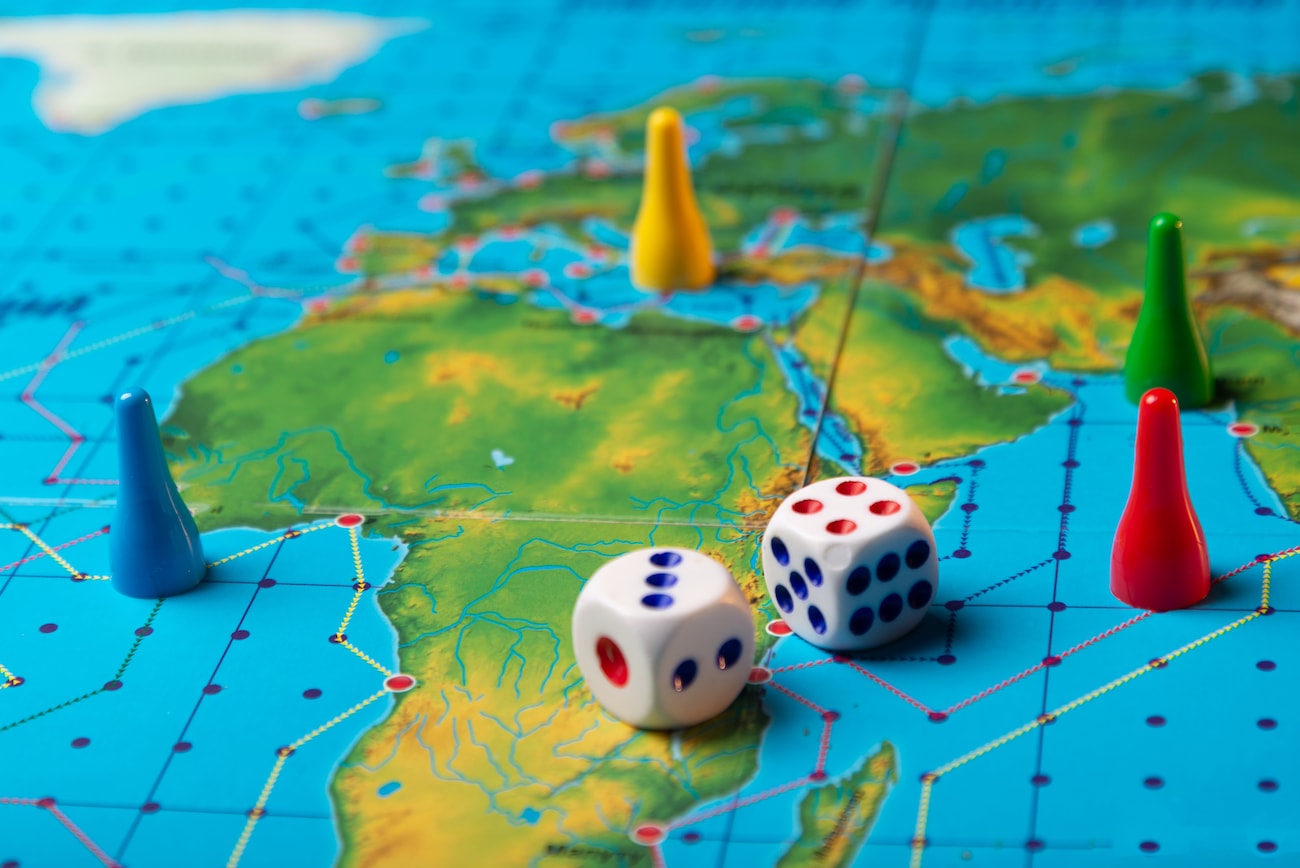
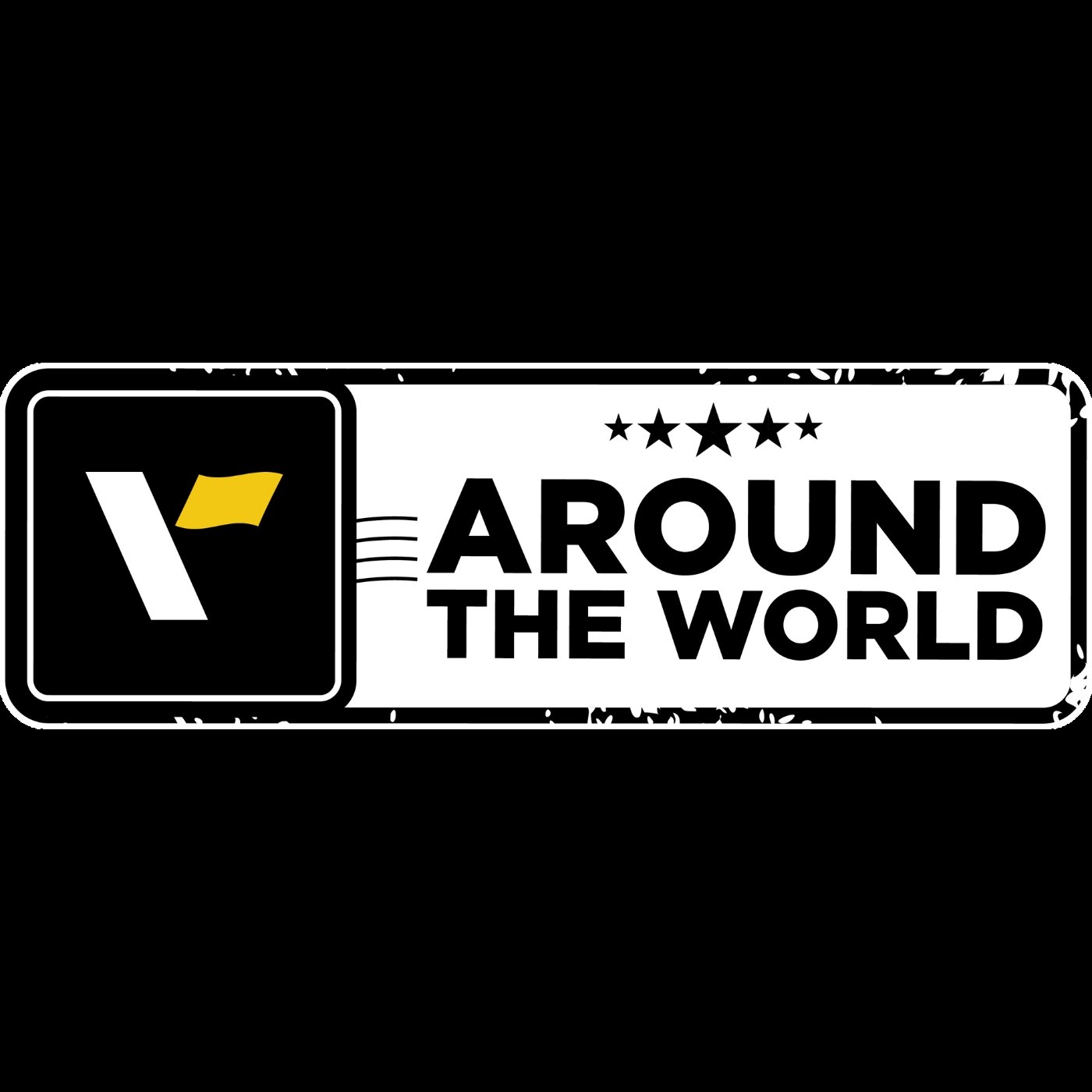

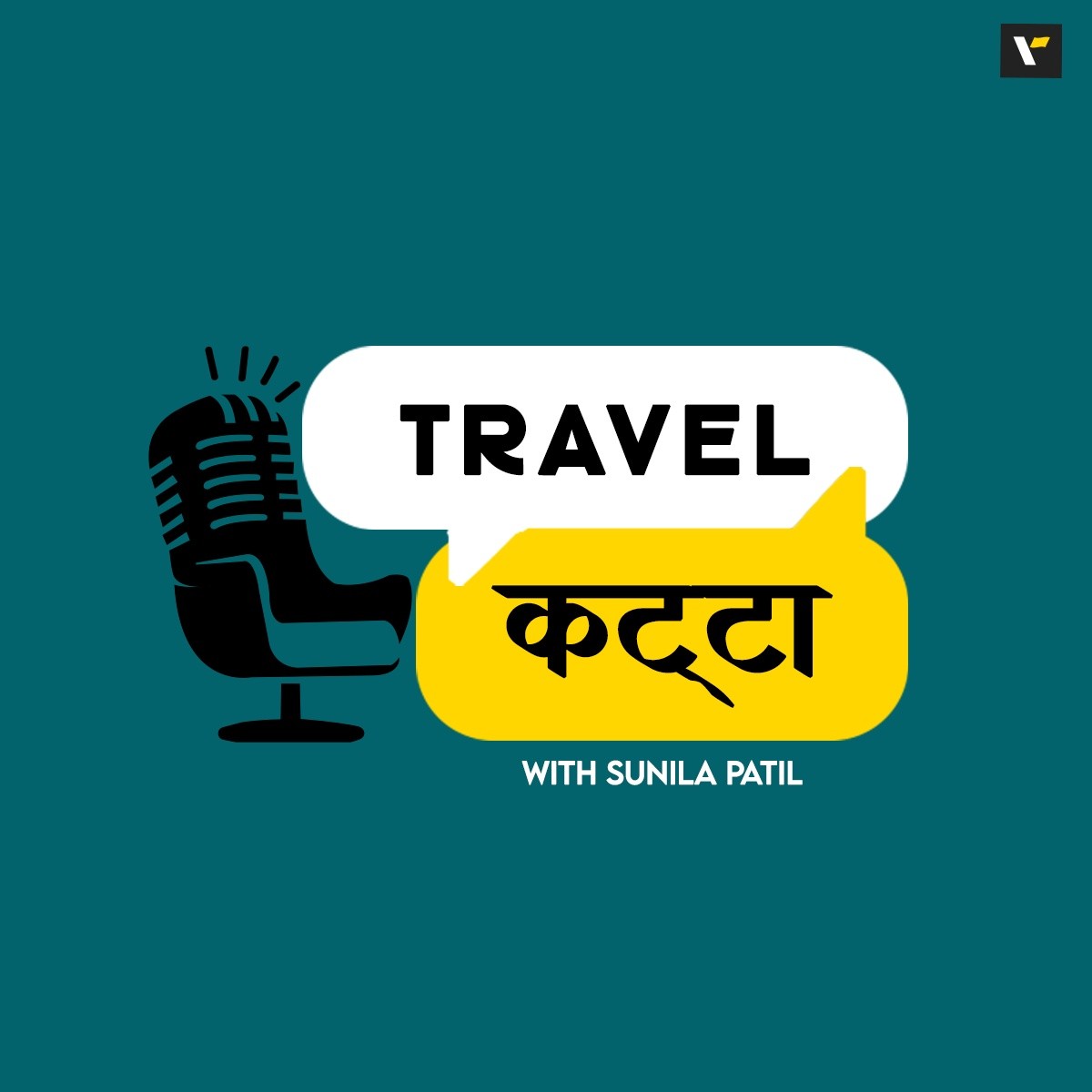
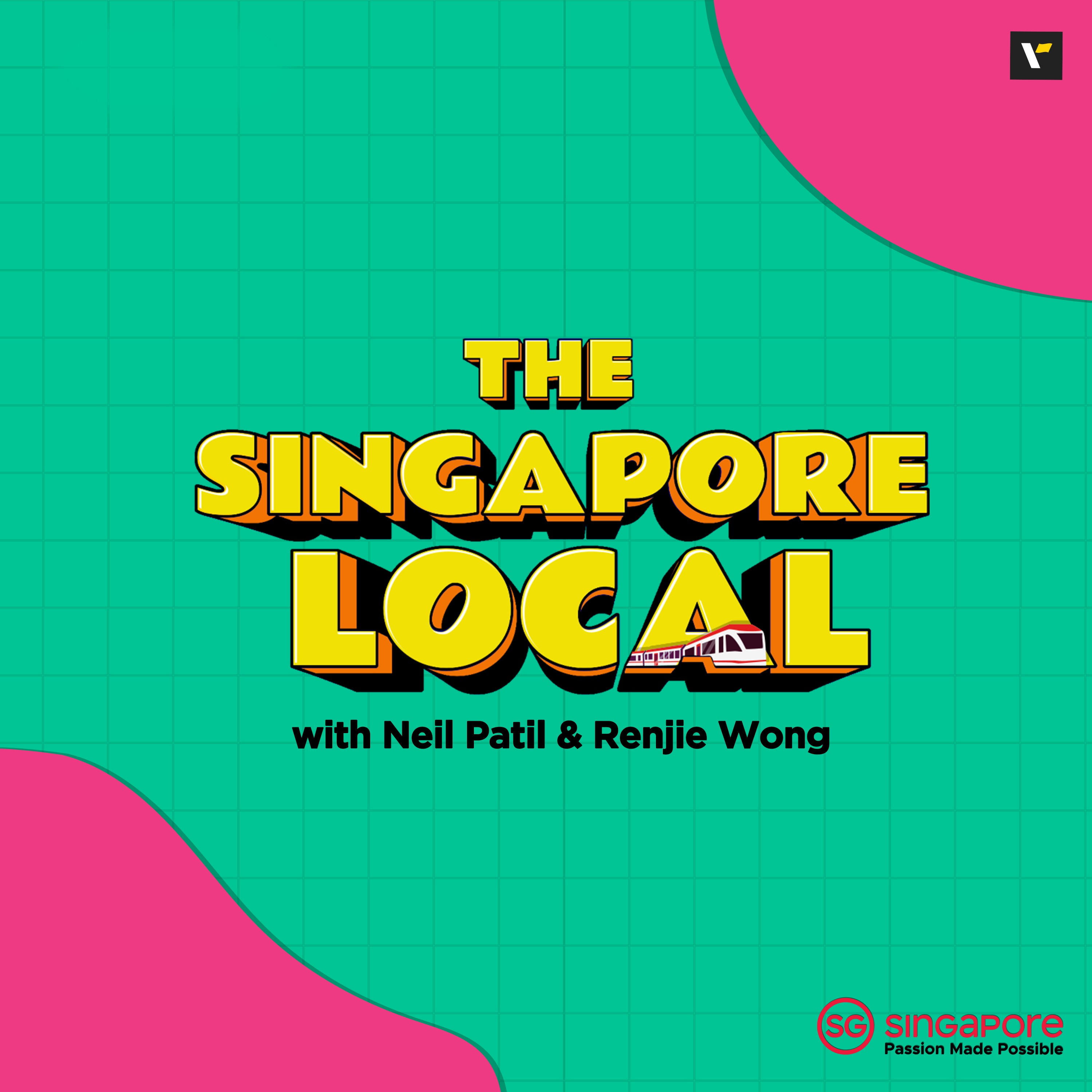
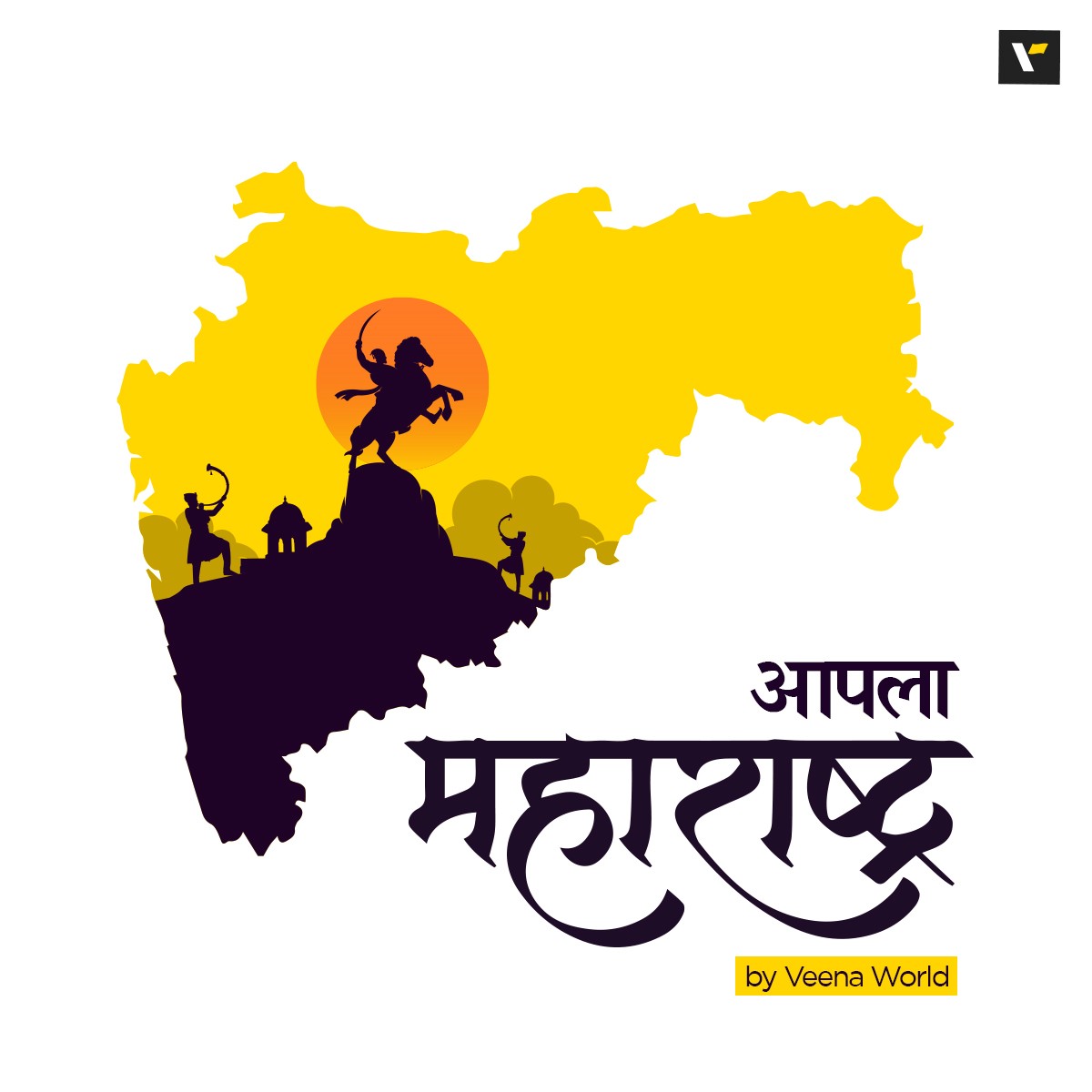









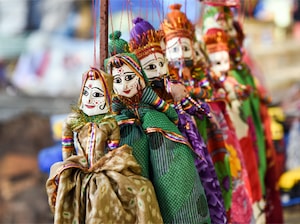

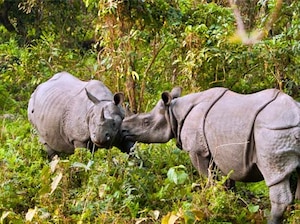
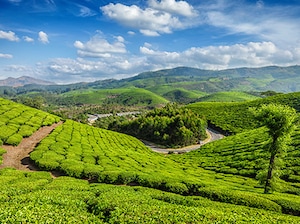
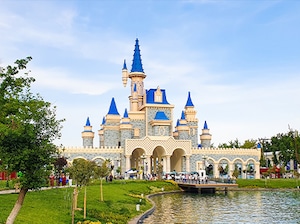
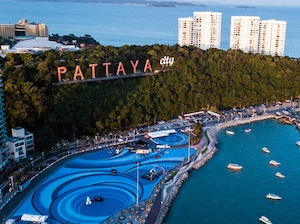

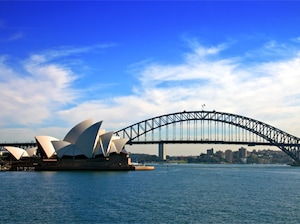
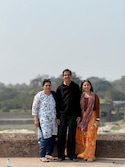






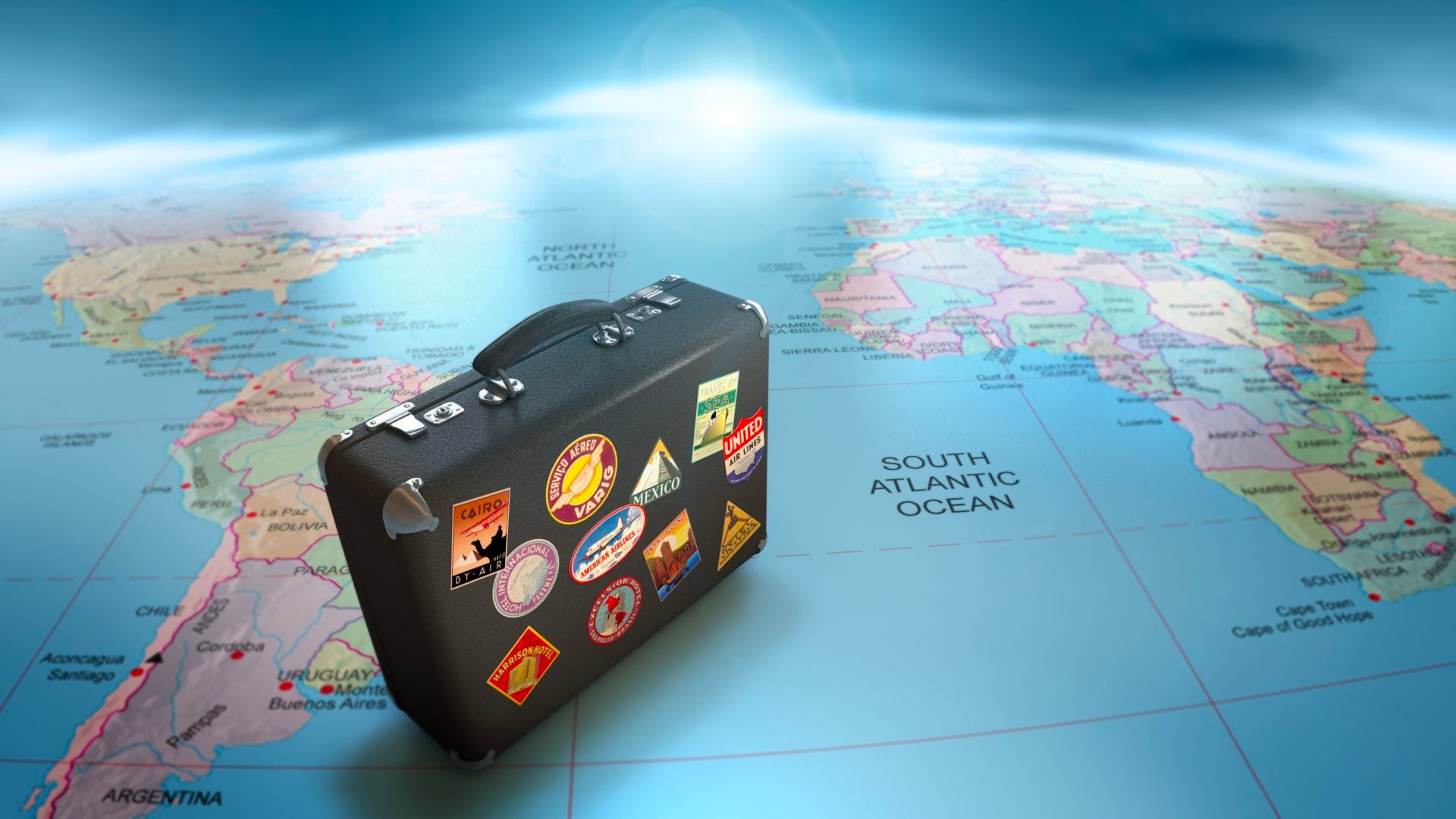

Post your Comment
Please let us know your thoughts on this story by leaving a comment.